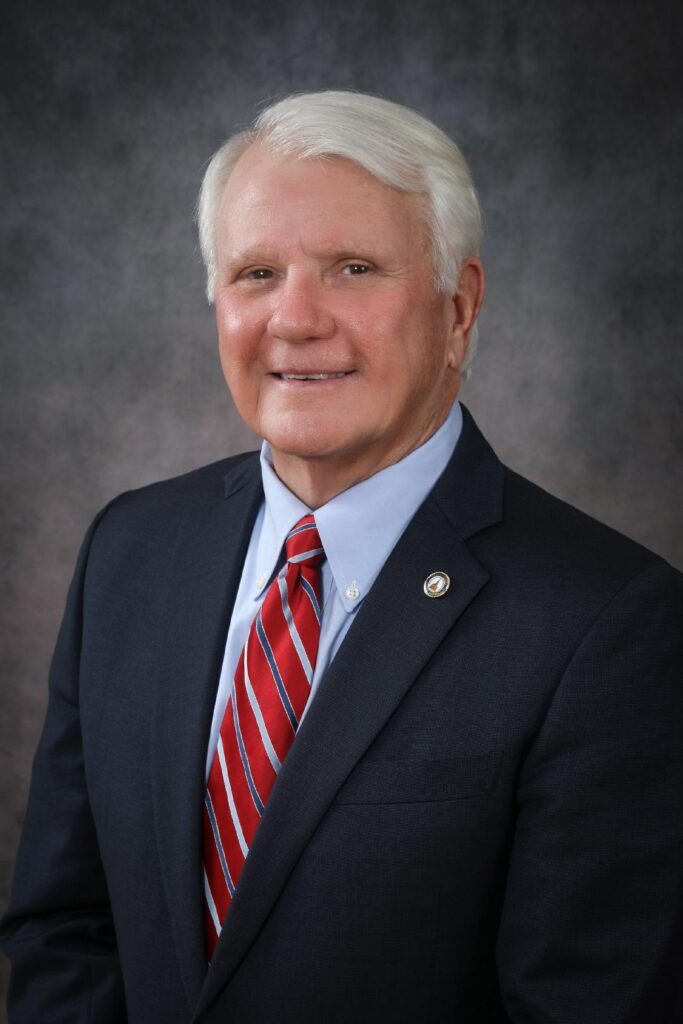
Georgia House Speaker Jon Burns
ATLANTA – Republicans in the General Assembly Wednesday revived a private-school vouchers bill that failed on the final days of last year’s legislative session.
The House Education Committee passed Senate Bill 233, which would provide vouchers of up to $6,500 for students attending low-performing public schools.
Gov. Brian Kemp endorsed the legislation during his State of the State address to the General Assembly in January, and House Speaker Jon Burns urged committee members at the beginning of Wednesday’s meeting to approve it.
“We will not let our children continue to be trapped in failing schools,” said Burns, R-Newington.
The state Senate’s Republican majority passed the vouchers bill last year during the waning weeks of the legislative session, voting along party lines. But the measure fell short in the House when 16 Republicans joined Democrats opposed to diverting funds from public schools in voting against it.
Burns said those GOP opponents have provided feedback since last year that has led to changes to improve the bill.
For one thing, only parents earning 400% or less of the federal poverty limit would qualify for private-school vouchers for their children, said House Speaker Pro Tempore Jan Jones, R-Milton. Currently, that amounts to an annual income of $120,000 or less for a family of four, she said.
Also, the $6,500 limit on vouchers would be reduced in any year the state’s Quality Basic Education (QBE) student funding formula isn’t fully funded. The state has fully funded the QBE for six of the last seven years.
An additional change aimed at funding accountability would cap the vouchers program at 1% of the total QBE budget, Jones said.
“Georgia has a long history of offering state education funding to students in private institutions,” she said. “This is one more iteration of offering our students in Georgia choices.”
Jones said several other proposed changes to the vouchers bill incorporate other areas of education policy. The legislation would codify in state law several teacher pay raises lawmakers have included in state budgets since 2019, Kemp’s first year in office.
The measure also would let public schools use capital projects funding to pay for construction, renovation and improvements to pre-kindergarten facilities, a move aimed at increasing enrollment in pre-k classes.
Another new provision would extend a state income tax credit supporting public schools due to expire in 2026 through 2029. It also would add another $10 million to the tax credit’s current $5 million annual cap, with the additional funding only to be used to benefit students attending low-performing schools.
House Democrats still didn’t appear to be impressed with the legislation, despite the changes. The committee defeated two amendments proposed by Democrats on the panel, who subsequently voted against passing the bill.
The measure now moves to the House Rules Committee to schedule a floor vote.
